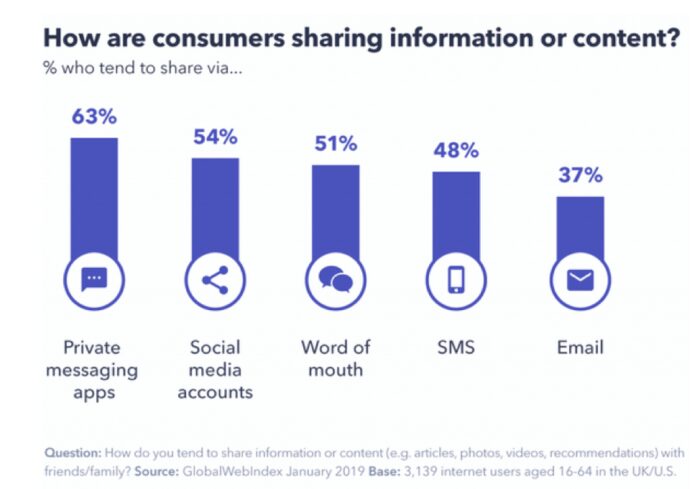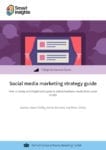People are moving away from Facebook and Twitter. Instead, they’re sharing content via private messaging apps. These private channels are referred to as dark social.
It’s no secret that the number of shares you see on social media has started to decline. So, does this mean people have stopped sharing the content they find interesting? No. The only thing that has changed is the way users share content.
Conversations are moving from public feeds and timelines to private messaging apps. In fact, 63% of users use messaging apps to share content or information.
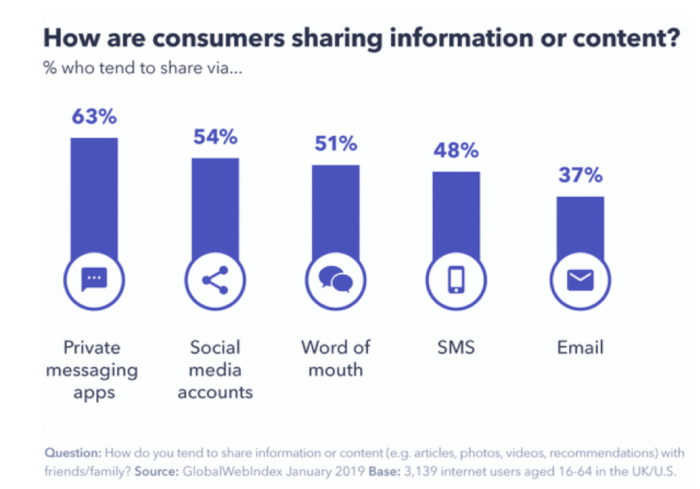
[Image source: Global Web Index]
In a nutshell, people are moving away from Facebook and Twitter. Instead, they’re sharing content on WhatsApp, FB Messenger, emails, and other private messaging apps. These private channels are referred to as “dark social.”
Understanding dark social
At some point, all of us have come across a video or an article, thought of someone, and then sent them the link in a message. You want to have a private conversation about it. If you’ve done this before, congratulations, you’ve used dark social.
In simple terms, sharing content privately is called dark social. The “dark” part of the name refers to the challenge that marketers face while measuring ROI with such messages.
Thousands of people use private messaging to share content, thus sending traffic to website owners. However, these links do not have referral tags. So, even if the recipient does click on the link, their visit doesn’t show up in the column for direct traffic.
The power of dark social lies in its authenticity. It’s more personal because people use it for one-on-one conversations. Many marketers have grasped this aspect and leveraged it to their advantage. They’ve changed their social media strategies to include the dark social experience.
Combining influencer marketing and dark social
Take a minute and think about who you interact with on private messaging platforms? It’s likely that you use them mostly to converse with people you trust. They could be your friends, family, or colleagues, etc.
When a trusted person sends you a message, you probably won’t hesitate to open the link. On the other hand, if a random person shares a link with you, you’re likely to view it with suspicion.
So, what’s in it for brands and marketers? This is where influencer marketing comes into play. Typically, influencers have loyal fan followings and are highly trusted. Their recommendations can influence purchase decisions as their followers seek their opinions.
If an influencer sends a link to a product page through private messaging, it’s likely that it will get a lot of clicks. That’s how influencer marketing can seamlessly merge with dark social.
You don’t need to collaborate with a big influencer for this strategy to work. More than the number of followers, the engagement rate counts because personalization and connections are key here. All you need to do is find an influencer in your niche who has a good engagement rate.
To get the most out of your marketing strategy, it’s recommended that you reach out to a number of micro-influencers. Get them to spread the word about your new product or brand through Facebook Messenger, Line, WeChat, or WhatsApp.
Winning at influencer marketing with dark social
Some brands have begun to realize the potential of dark social and are already jumping in on the trend. Let’s take a look at some brands that have redefined influencer marketing with the use of dark social.
1. Adidas
Adidas was one of the first brands to step into the dark social game. Its Tango Squad campaign was launched with the aim of creating a community of brand advocates who would operate on private messaging apps.
Essentially, the Tango Squad is a group of soccer fans and content creators ages 16 to 19 residing in some of the biggest cities in Europe. Their aim is to build the next generation of soccer influencers who are involved in building communities.
In an interview, Florian Alt, Vice President Global Brand Communications at Adidas, explained that selling wasn’t their main goal.
“It’s trying to foster those developments with the kids as much as we can rather than trying to sell them something. I truly believe if you do the first thing right, the brand advocacy will make sure they develop to consider Adidas to buy [soccer] shoes,” he said.
In another interview, he also discussed how this unconventional strategy could benefit Adidas in multiple ways.
“It could be this is re-defining influencer marketing. It could be this becomes an Adidas insider tool for face to face communications or it could become a bad-ass loyalty programme. It could be a combination of all three. That’s the beauty of it,” he said.
Tango Squad has been around for more than three years now. To support the dark social strategy, they have also come up with the Tango app. It offers content creators a platform to showcase their skills, earn rewards, and build their own community.
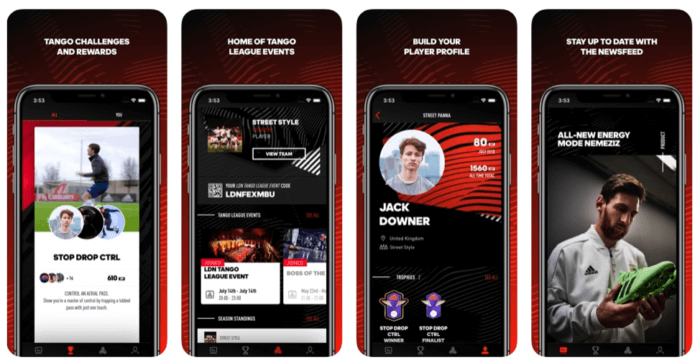
[Image source: Apple]
2. VaynerMedia
Gary Vayerchuk is one of the biggest names in the digital marketing industry. He has leveraged his position as an influencer to help his company, VaynerMedia connect with their followers. Using the GaryVee Bot on Facebook Messenger, he provides tailor-made content to his audience.
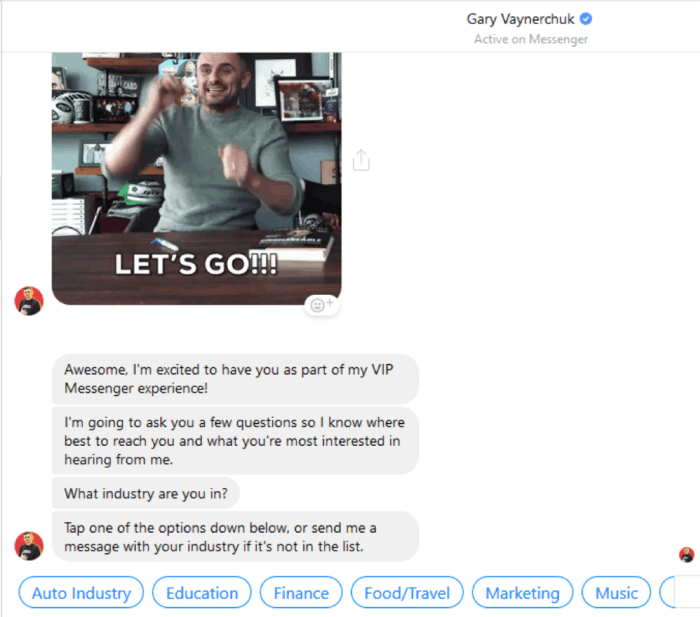
As a part of his VIP Messenger service, you can get updates on the latest content that he uploads, which may be relevant to the industry you work in.
It’s a great way to build a relationship with your audience on dark social and to send them updates without coming across as pushy.
Conclusion
Dark social is still an untapped medium that is oozing with potential. When you combine it with influencer marketing, you have a powerful strategy to connect with your audience on a personal level.
It’s a forward-looking strategy that not many marketers have leveraged yet. If you want to stay ahead of the competition, jump right in; you’ll get the early mover advantage.
What do you think about the rise of dark social? Do you think it will redefine the influencer marketing landscape? Let me know your thoughts in the comments.
